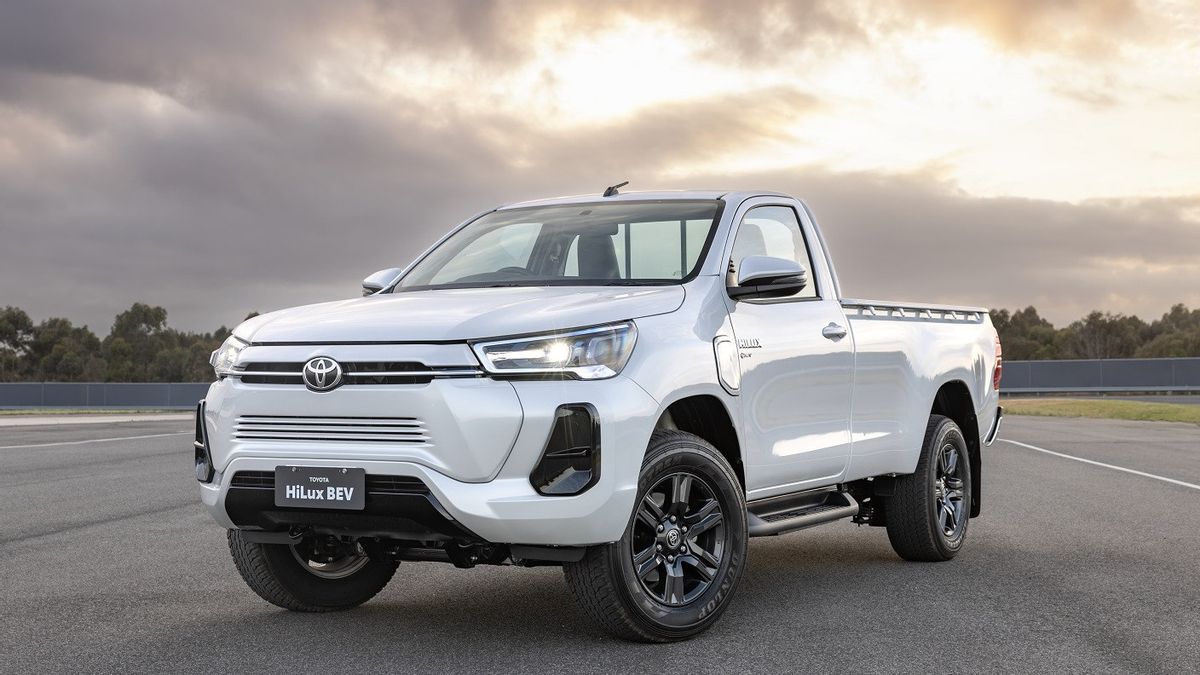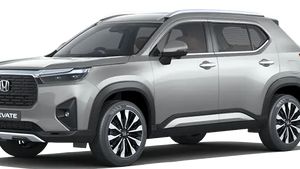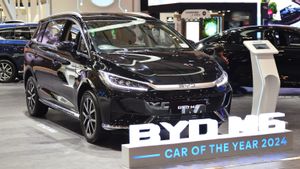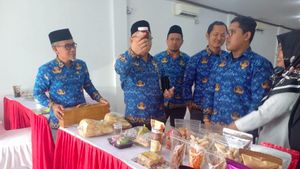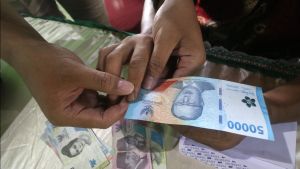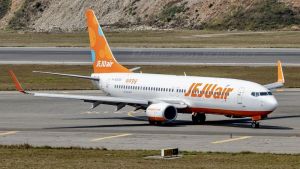JAKARTA - Several Japanese automotive manufacturers are preparing to expand and disseminate electric vehicle (EV) production activities in Thailand, as an effort to build an environmentally friendly ecosystem in the Southeast Asia region.
According to a Reuters report, Tuesday, December 26, companies such as Toyota and Honda have committed to investing around 50 billion baht (equivalent to Rp22.3 trillion) each, while Isuzu and Mitsubishi will also spend 30 billion baht (approximately Rp13.3 trillion) and 20 billion baht (a range of Rp8.9 trillion) in a row.
This investment is aimed at building an EV ecosystem in the next five years, including the assembly of electric-powered pickup trucks. However, until now, the four automotive manufacturers have not provided an official response regarding this investment plan.
A spokesman for the Thai government, Chai Wacharoke, said that investment from the Japanese automaker will support the Thai government's policy of encouraging the transition from combustion engine vehicles to electric vehicles.
SEE ALSO:
This step is in line with Thailand's plan to convert about a third of its total vehicle production, which reaches 2.5 million units per year, into electric vehicles by 2030. The Thai government is also preparing incentives to encourage the development of the electric vehicle ecosystem.
Thailand, with the capital Bangkok, has imposed tax cuts and subsidies that attract automotive manufacturers from China, such as BYD and Great Wall Motor (GWM), which have committed to investing in the region.
Although several Chinese manufacturers have entered the market, the Thai automotive industry has remained dominated by vehicle manufacturers from Japan since decades ago.
The English, Chinese, Japanese, Arabic, and French versions are automatically generated by the AI. So there may still be inaccuracies in translating, please always see Indonesian as our main language. (system supported by DigitalSiber.id)
